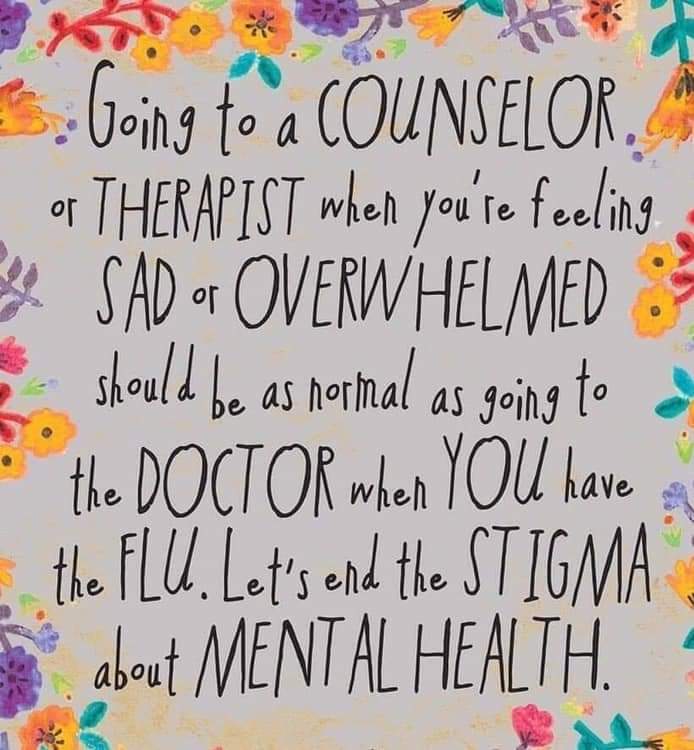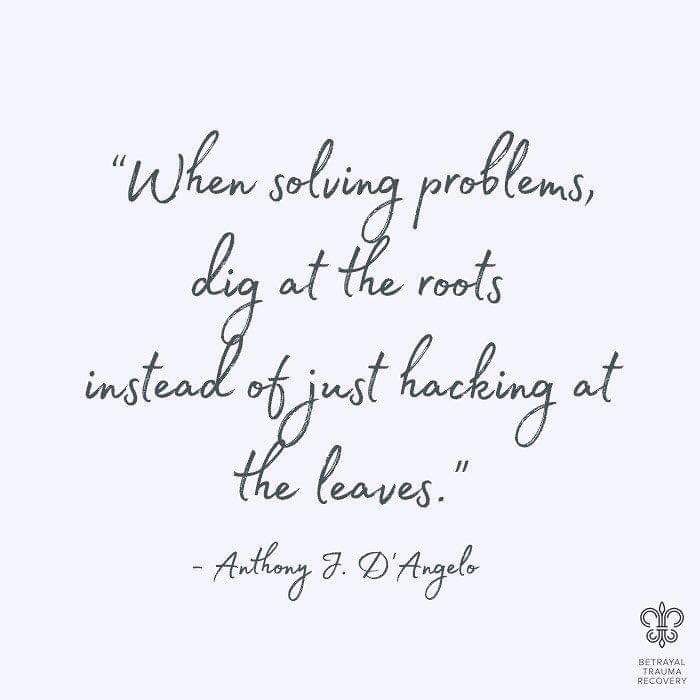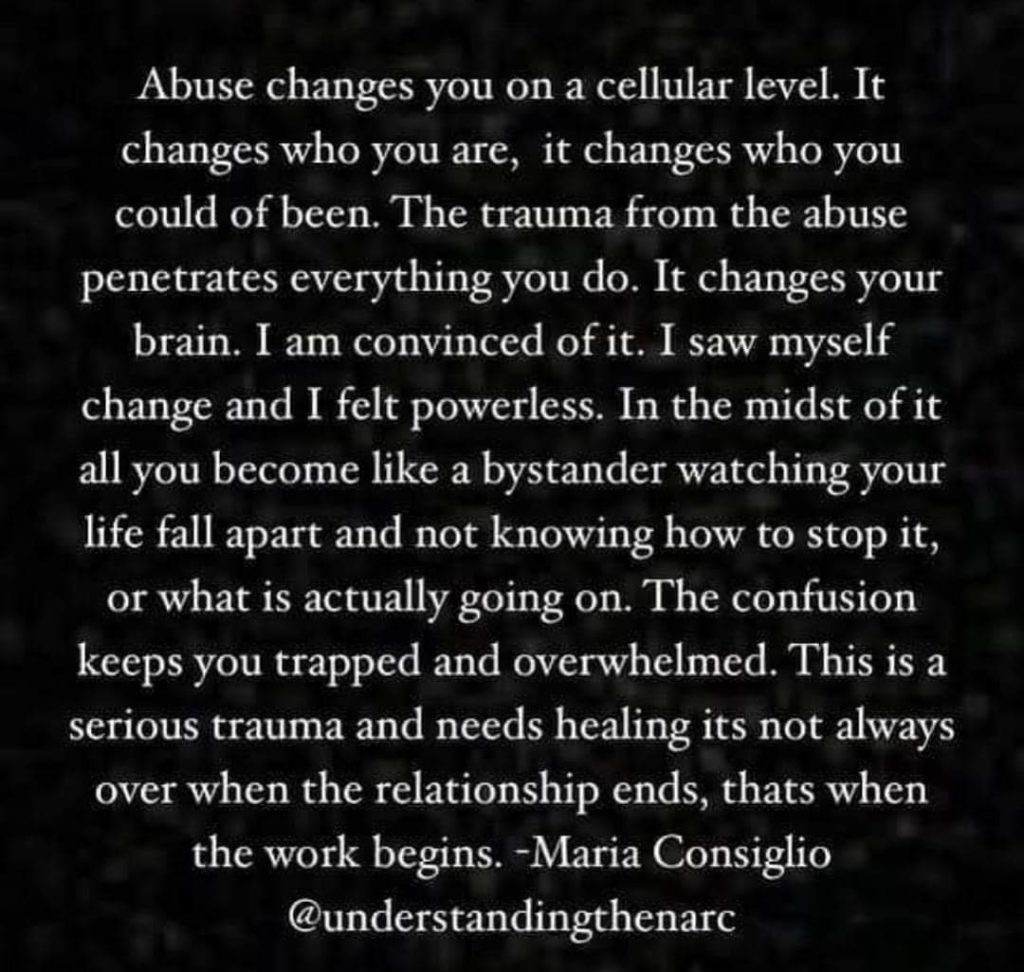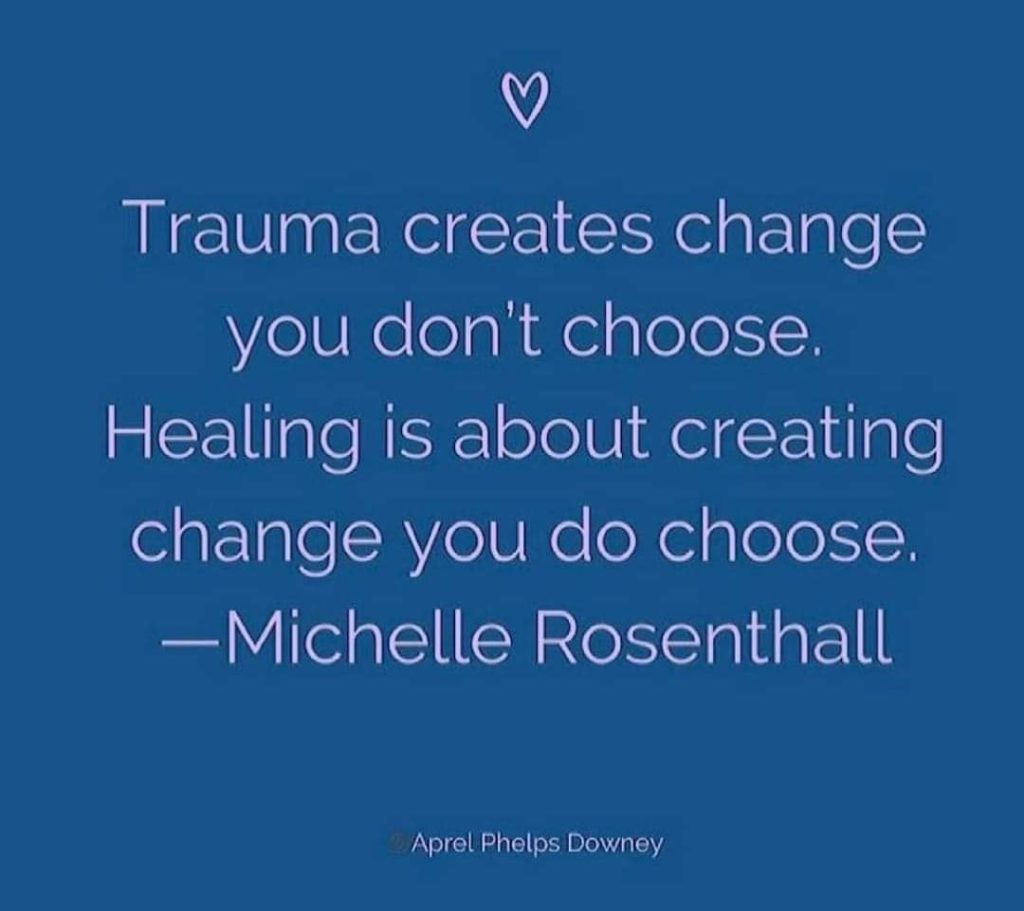Understanding Trauma
Since my last blog about domestic violence, many women have reached out to share their stories with me, and that even though they were strong enough to leave they are still struggling with the difficulty of healing through the aftermath. That is a scenario I’m very familiar with. This is the long-term effect of abuse. The healing work is ongoing. Re-establishing self-love, adopting healthy communication skills after being programed for trauma responses and reacquainting yourself with your own intuition are just some of the things that you’ll likely deal with after an abusive relationship. The best way to move through these residual effects is to learn to understand the process that brought us here. From childhood abuse, to single traumatic events, to abuse in the workplace, to domestic violence, there are commonalities.
I’m going to lead with this; I don’t like the word abuse. It’s too soft. Just like society saying ‘women get raped’ instead of ‘men rape women,’ it is a category of definition but it does not begin to identify the depth of what actually happens or where the responsibility lies. So I’m going to get real about this shit, what it is, and how it may manifest as you heal. For the sake of context, I’ll use the word abuse, keeping in mind that we all have unique and deeply personal experiences.
This reality of abuse…
Stalking. Harassment. Gaslighting. Violent behavior. Disrespecting personal boundaries. Sexual exploitation. Physical beatings. Emotional torture. Rape. Belittling. Diminishing. Codependency. Mutilation. Isolation. Fear. Threats of violence. Molestation. Shutting down communication. Intimidation. Silence. Withholding affection. Passive aggressive responses. Angry outbursts. Insults. Jokes at your expense. Financial withholding. Neglect. Manipulation. Control. Extreme jealousy. Emotional avoidance. Obsession/possessiveness. Social alienation. Trauma bonding.
Trauma, the body’s natural emotional response to these events, is subjective to each individual. As you begin to explore your own relationships, past and present, you can start to recognize abusive patterns and behaviors that are identified here, which is the first step to disengaging and eventually healing from their triggers.
Years ago, I helped lead a support group for male and female survivors of sexual abuse. Each person’s story was relevant and damaging to them according to how their brain processed the event. Those events varied from being locked in a closet, repeatedly beaten, to being continually diminished through verbal abuse, and were always accompanied by repeated sexual violation, mutilation or manipulation. Oftentimes, I noticed that what might be a seemingly insignificant event to someone else was a major life-altering experience for the survivor talking about it. I witnessed that the impact was different based on that person’s safety at the time, their age when it occurred, and through my own therapy came to understand that it is not the experience itself as much as the decisions we make about ourselves in that moment that create our reality. It can often take years to excavate those underlying factors. I watched courageous people go through unfathomable circumstances and became very aware that we cannot diminish or compare another person’s pain to ours, nor can we assume the same outcome for everyone.
Science offers irrefutable evidence that when a child’s brain development is interrupted by trauma, the neural pathways are remodeled, often resulting in disrupted attachment, cognitive delays and impaired emotional regulation. When an adult experiences trauma and abusive events it makes the brain vulnerable to similar changes, and an inability to organize or deal with common everyday stressors. As a way to cope with our powerlessness to escape our situation, survivors subconsciously initiate brain mechanisms called survival skills that help us live through these unimaginable, and sometimes life threatening events. We adopt them as normal because it’s all we know and is the only way we can process what is happening to us. These typical trauma responses include emotional detachment/avoidance, being overly responsible, lack of trust, fear of intimacy, extreme independence. We should hold no shame for what we needed to protect ourselves at the time. However, over an extended period of time our brains can become hardwired with these negative methods and then seep into our healthy relationships, causing unnecessary damage or self-sabotage. There is hope for a healthy life after trauma and it requires our desire to seek out resources and do the most difficult, brutal work of our lives. I have never done anything harder than crawl through the dark, depraved, painful memories and dissect every aspect of myself so I could recognize all of my own behaviors and patterns. That’s why many people never do it.
I became aware in high school that I was not from a normal family and sought out therapy to gain appropriate coping skills, and then again in my 20’s when I began having night terrors after I had a brand new baby and my oldest daughter was 3, the same age I had been when my abuse started. As I began to fully comprehend the deep roots and complexities of my trauma, the easier it became for me to adopt a new mindset to break the cycles I had inherited. I utilized books, podcasts, seminars, visualization and mental reframing to support the therapy I was getting. I was proactive and determined to heal. Like anything new we learn, this was a practice and not a destination, and it took time. I didn’t create my situation and yet I knew I was responsible for repairing the damage. I now discern abusive behavior more quickly, trust my gut when it tells me something and then have the courage to move on.
Oftentimes, our opportunity to heal will continue to present itself within the boundaries of a safe, loving relationship, long after we have left the abusive situation. We may find ourselves resorting to trauma responses because they are deeply embedded in our brain. The stronger you get the more familiar you will be with what doesn’t feel right. Remember, our brains have been altered and learning to recognize what’s healthy is not a simple thing. I believe that when triggers bubble to the surface it is a sign that we are strong enough to handle the new information and add another layer to our healing. Sharing our triggers with our partners or our closest friends can help restore our ability to trust others and ourselves.
Be very clear on this, trauma does not make you stronger, kinder or more capable. You do that. You choose that. Trauma weakens your immune system, causes flashbacks, dissociation of feelings, insomnia, irrational or inflexible thinking, memory loss, unwelcomed triggers, a sense of hopelessness, lack of focus, emotional fatigue, self esteem issues, anxiety and oftentimes masks itself as rage and anger. PTSD can include any or all of these symptoms and can also occur after a traumatic event.
People with unresolved trauma are more likely to be abusers. They carry unhealed wounds and pain that they then perpetrate on others. The people who abuse you can be very charismatic, intelligent and even popular, but make no mistake, they are also abusers. If they can be charming in public then you know that their cruelty in private, is intentional. It is not your fault. You do not deserve it. You did not provoke or invite it. They have the choice, like you, to deal with their unresolved trauma and they choose not to.
Society holds an unrealistic stigma around trauma and emotional health issues AND there is no shame in receiving professional guidance, just as there is no shame in seeking medical attention for a broken bone. In fact, it can be a necessary step to gain new tools for growth. Not everyone who experiences trauma needs treatment, but for those who see any hindrance or deep emotional scars that they try to avoid or that don’t feel authentic, the responsibility lies with them to seek help. Especially if they want fulfilling relationships. In 2021 there is no end to the availability of resources we have, so even though it’s daunting, there is no excuse for people to ignore their issues.
One of the best things we can do if we have never experienced trauma is to stop victim blaming and judging people who have. Asking questions like “Why did you stay?” or “How could you have missed the signs?” and saying things like “I would never let that happen to me,” are based in ignorance and an unwillingness to understand the depth of the situation. Trite platitudes like, “We teach people how to treat us” diminish and minimize the actual experience and simplify a profoundly complicated subject. They’re plain bullshit. I didn’t teach my abuser how to treat me when I was three. These manipulative, power-hungry violators don’t need our help at doing their worst. And if our complicity is a result of our brain being altered by these events then it’s easy to understand why women stay in these situations, especially when they feel powerless or afraid, have no resources and no one to turn to. One of the first things a survivor works through is shame and guilt that they shouldn’t own in the first place, and we do not make it easier on them by reinforcing that burden. They have work to do, and they are not responsible for what happened to them. Self-reflection, looking at the role they played in their choices and what kind of people they are attracting is their job. Your job is to educate yourself if you don’t understand the intricacies of abuse and the resulting trauma responses. Hopefully, some of this information will resonate with you and help you rethink ways to offer support. Your lack of understanding is not on them. So stop it.
Trauma is an epidemic and we would all be better served to create a safe space for everyone to heal.



Resources:
Mastin Kipp, Trauma-informed/trained, Holistic Emotional Health Leader,
Instagram @mastinkipp
Domestic Violence Hotline 1-800-799-7233 (SAFE)
NC Division of Social Services and the Family and Children’s Resource Program
The Body Keeps The Score, a book by Bessel Van Der Kolk MD
Understanding Trauma Read More »
